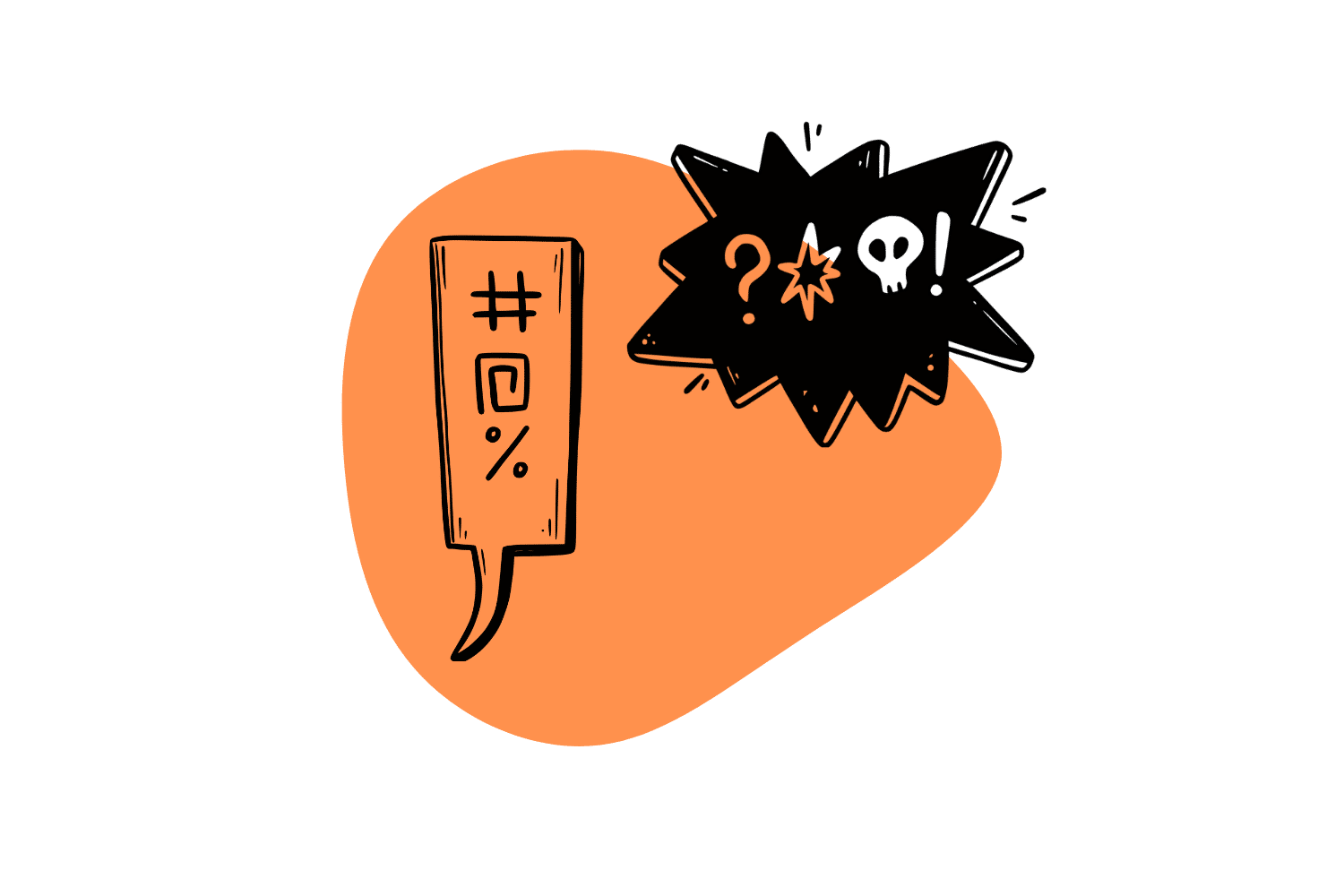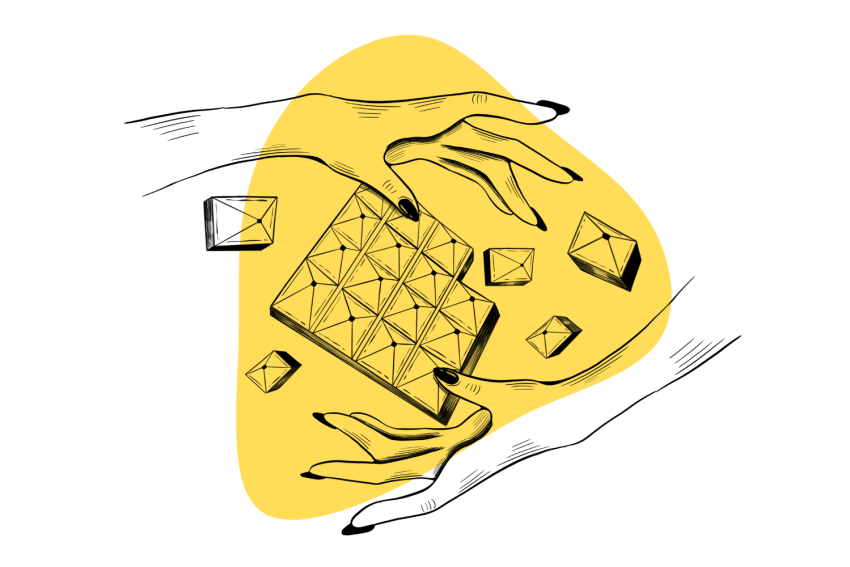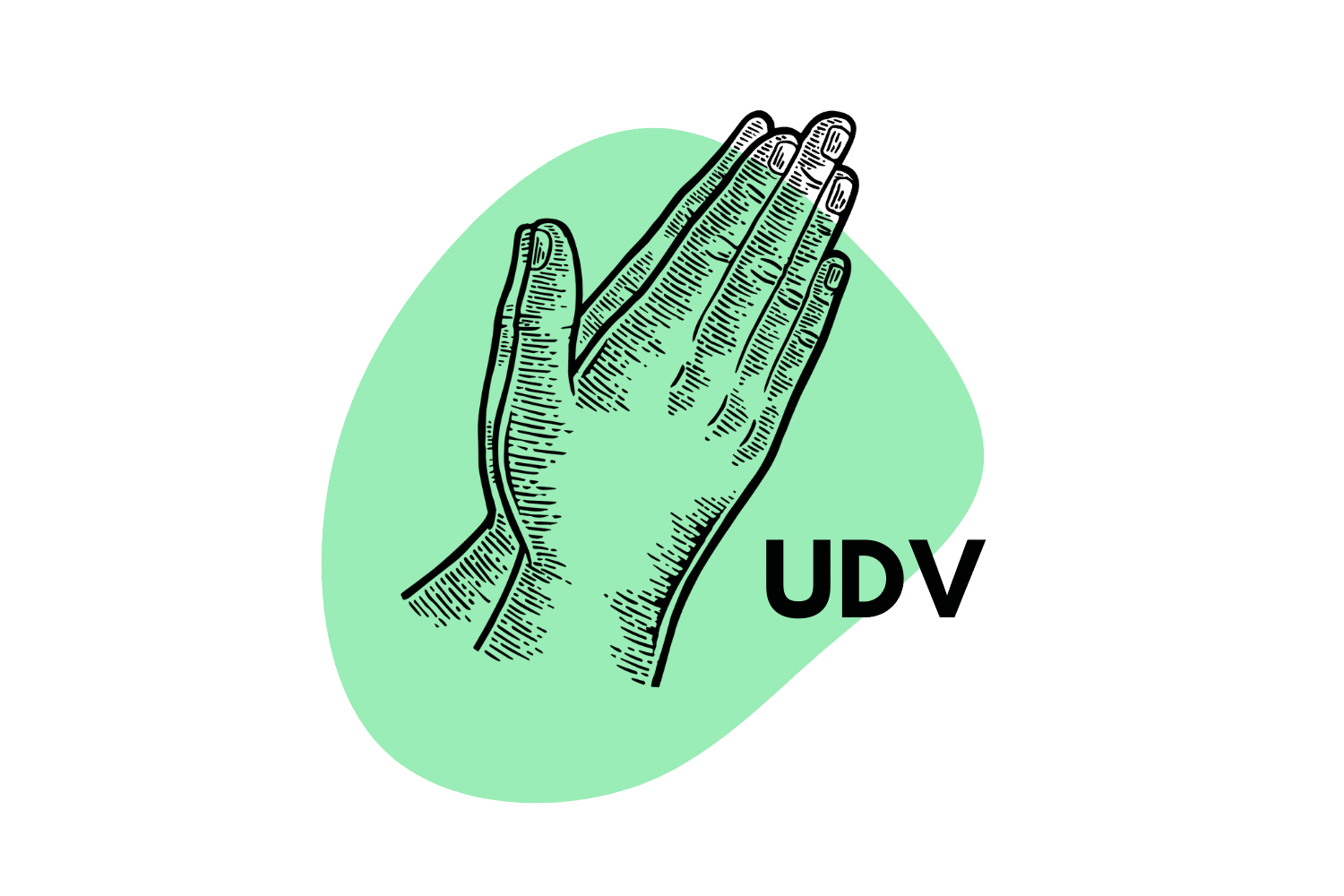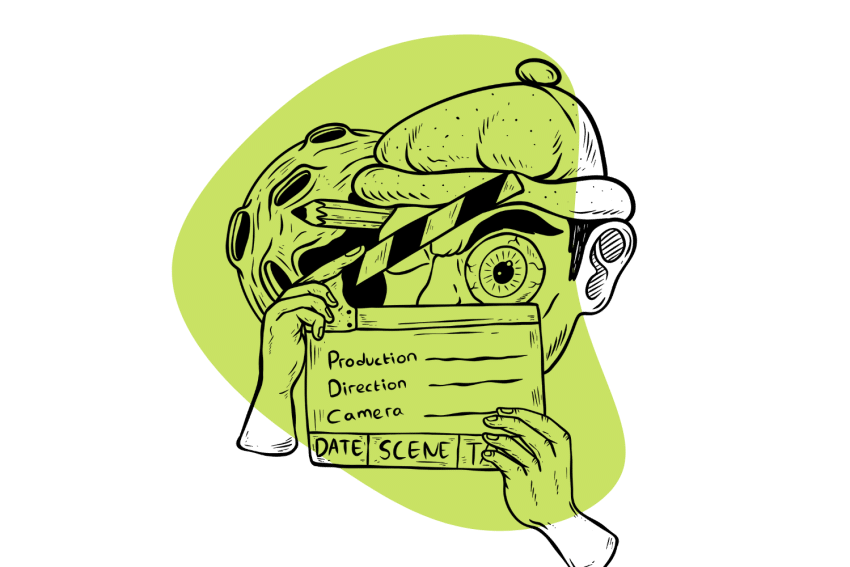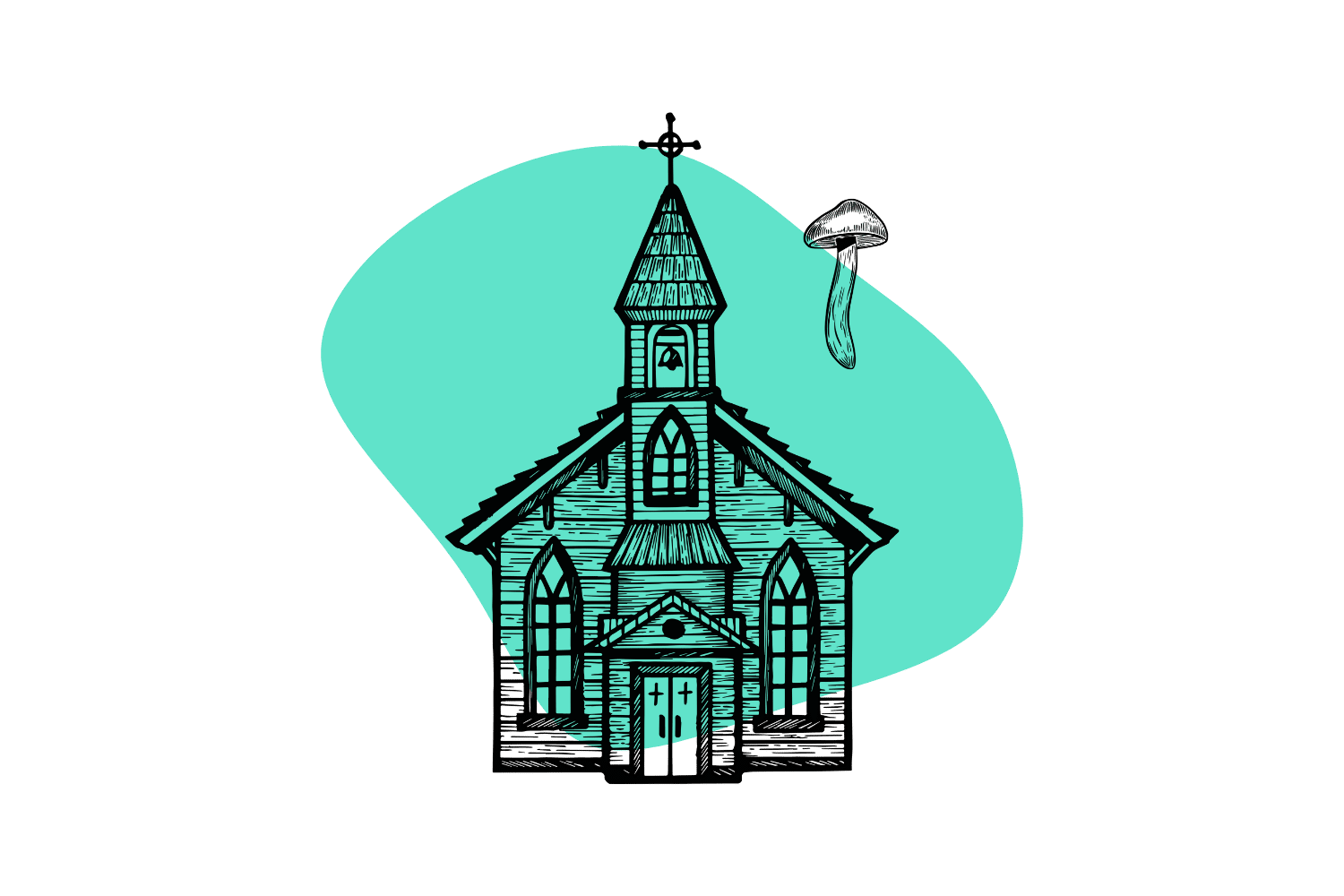Patenting Psychedelics: Lies & Greed or A Common-Sense Step?
For many, COMPASS Pathways represents the dark underbelly of the psychedelic industry — scooping up intellectual property (IP) before anyone else can get to it. But they’re not alone.
Psychedelics have never been worth this much money before — you can grow enough mushrooms for a lifetime with under $150 in materials. With the psychedelic movement emerging from out of the shadows and into the clinician’s office, everything is changing.
One company has beaten the rest when it comes to snatching up patents — COMPASS Pathways, backed by the conservative Trump supporter Peter Thiel. More than one voice is claiming — for good reason — these patents grossly overstep the system’s capabilities.
Let’s explore the topic and discuss whether psychedelic patents are even a good idea, to begin with.
Patents: How They Protect & Destroy
A patent gives the creator of a specific invention or concept the sole right to it for a period. There is virtually nothing someone cannot patent, and they typically hold for 20 years at a time. During this, the patent prevents others from being able to capitalize on the product or concept.
It’s not hard to see the importance of this safety measure to protect the rights of inventors. Innovation takes time and money, and inventors need to know a big company can’t swoop in and take the work for itself.
If you’ve spent years researching a drug and have put significant funds towards it, this prevents generic versions of that drug from following immediately behind you. “Generic” products can sell your formula without paying for the research, development, and hard work going into it.
If you’re a consumer as opposed to a producer, you might see how patents have a negative side. Patents on the newest smartphone aren’t a big deal, but they have big-time implications for other sectors.
Patents may protect the inventor’s rights, but they rarely encourage the marketplace of ideas. Instead, they create a desire to patent the most fundamental element possible, ensuring all patents flowing thereof have to pay.
Patents can strangle the momentum of innovation by making it hard to work off recent inventions.
The Problem With Psychedelic Patents
The full extent of psychedelic patents is outside this article’s scope — the term “psychedelic” renders over 1000 results on the government’s patent search tool. The number of filed patents only seems to rise exponentially as days go on.
These patents range from minute details of chemicals to focusing on components of the therapy itself. As Shayla Love reported back in 2021, COMPASS Pathways sought to patent the mechanics of the therapeutic experience.
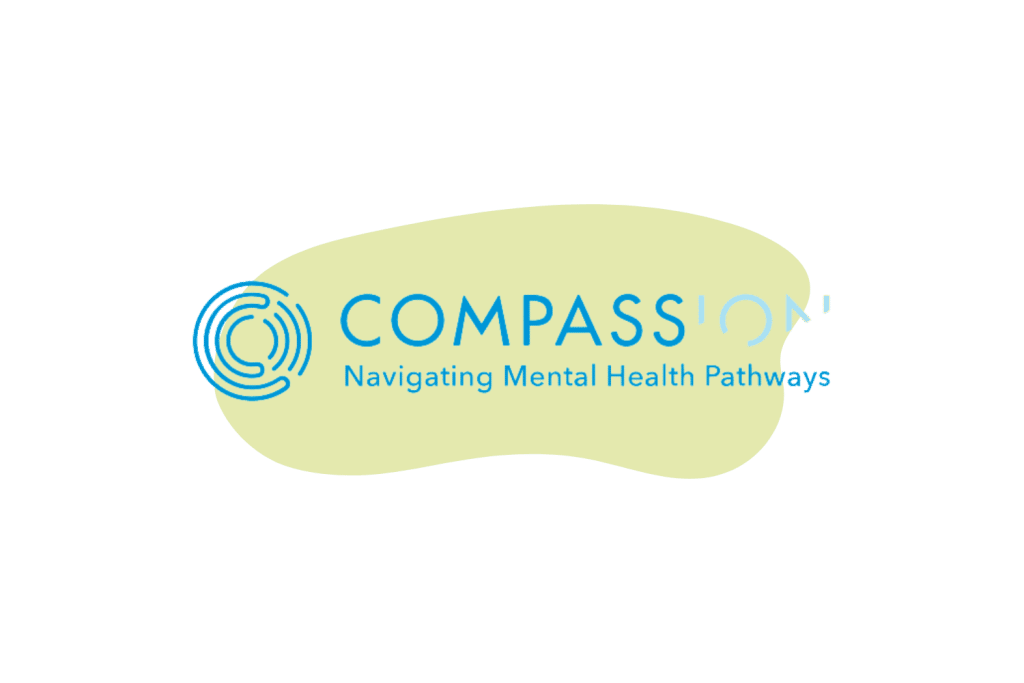
This included a broad range of claims concerning the way they decorated the rooms and would result in COMPASS having ownership over psilocybin-assisted therapy in the following ways:
In a room with a substantially non-clinical appearance, wherein:
- the room comprises soft furniture
- the room is decorated using muted colors
- the room comprises a high-resolution sound system
- the room comprises a bed or couch (emphasis mine)
These are all common features of any therapist’s office. If you’re giving psilocybin-assisted therapy to treat depression in a room with a couch, does this mean you have to pony up for a patent license?
As Love mentions in her reporting, this represents more of a wishlist than anything else. COMPASS is likely going in with as many “claims” (the structure surrounding the patent) as possible, knowing many will fall off.
In the end, the remaining claims represent the patent and your legal claim to them. That’s where the real trouble begins.
Challenging Big Pharma & Its Patents
Once the dust settles on a patent, it’s hard to stir it back up again. Challenges after claims settle require exorbitant amounts of money and effort.
One non-profit organization, Freedom to Operate, is leading the charge in challenging COMPASS Pathways’ patents specifically. They claim the isolated form of psilocybin COMPASS builds its claims off of is not actually new at all.
If successful, this would cut off the various other patents COMPASS has built surrounding this specific substance. At this time, it’s unclear if that would affect the patents around the room’s decor — since this patent mentions psilocybin in a broader sense.
As Shayla Love reports, this has been an effort requiring close to a million dollars and months of hard work. This is only possible thanks to the founder — Carey Turnbull, the CEO of Freedom to Operate, who has personally contributed about half of the funds to fight.
Once a patent is in place, it takes ample evidence to convince the judges to turn it over the other way. This makes it impossible for the people the system is supposedly built for — small business owners and medium-sized contributors — to fight.
Were it not for the dedication of a psychedelic-loving millionaire, it’s hard to imagine anyone could take them on. It seems COMPASS was hoping nobody would be willing to spend the money needed to challenge them.
Patents on Prior Art
Prior art refers to any evidence of past creation — if you tried to trademark a famous logo, the company could present prior usage of the logo as proof of ownership. This is hard enough when dealing with any patent, but the problems only compound when dealing with a drug with a deep history.
Did COMPASS invent the use of psilocybin for depression?
Many argue people have been using psychedelics for mental health for years, not only in America with clandestine shamans and facilitators but in indigenous cultures worldwide for as long as we’ve known. More sinister, the people filing this patent likely had these individuals show these uses to them.
What about the isolation of psilocybin, though?
Albert Hofmann isolated psilocybin in 1958, so it’s a well-known compound. Plenty of others have synthesized it as well — but COMPASS claims their method is unique.
From day one, Freedom to Operate has set sights on proving this is not true, and they’ve issued a challenge worth watching. The response to this may determine a large portion of the future of psychedelics.
Legalization, Patents, & the Future
Increased legality of psychedelics is one of the main reasons there are so many patents when it comes to therapy. There’s no question that psychedelic-assisted therapy is something many people can benefit from, given the openness to yourself and your thoughts psychedelics provide.
There are a few problems with this therapy, but one of the biggest is it’s often unavailable to those who need it most.
For a single psilocybin experience in a medical setting, participants will have to pay for the following:
- The Psilocybin — Likely far from the street price for an eighth. Companies like COMPASS will fight to monopolize the market and exploit it just like every other medication.
- Initial Sessions — To tailor your journey to your specific need, your therapist will have to get to know you. Hourly rates vary, but you can expect at least 2-5 hours of pre-dose therapy.
- The Psilocybin Session — Psilocybin can last for 6-8 hours, and at least one therapist will be present the whole time. In many cases, there will be two or more therapists charging hourly rates.
- Integration Sessions — Typically, 2-3 sessions after the experience to integrate it into life.
This prohibitively expensive model makes it difficult to get treatment for people struggling the hardest. Depression — especially treatment-resistant depression — is often debilitating, meaning many can’t afford to pay multiple thousands of dollars for the privilege of tripping.
All to consume one of the cheapest, easiest-to-grow drugs in the world.
Related: Will Insurance Pay for Psychedelics?
Conclusion: Some Things Are Meant to Be Left Alone
If companies develop a truly novel drug or treatment, they should legally have the right to patent it. Patents are an important part of our economy and civilization and should reward companies for taking the financial risk of inventing.
However, the pharmaceutical industry is rife with problematic areas — psychedelics are no exception. For a company to take a drug that was around before modern-day humans walked the planet and attempt to control it as new is an obscene misappropriation of the patent system.
While it’s often not said aloud, there’s a misguided sense in the psychedelic world that it won’t be as prone to corruption as other industries. When your personal experience with psychedelics is so beautiful and selfless, it’s easy to believe it’s safe from greed and corruption.
This is not true, and we must remain vigilant over the infrastructure as it grows and morph over time. We are in control of the future of these substances future, and companies are banking on us not to notice or care.


